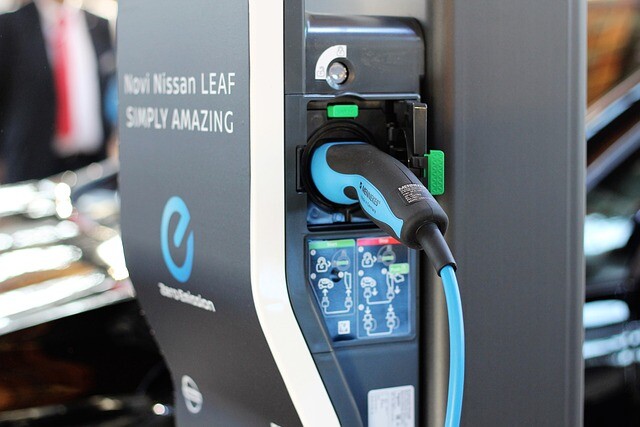MNB: claims costs for compulsory motor vehicle liability insurance have risen above inflation
In the case of compulsory motor vehicle liability insurance (kgfb) for passenger cars, claims increased by 17 percent in the second quarter of this year, and premiums rose by 4 percent compared to the same period in 2021, the Magyar Nemzeti Bank (MNB) announced on Thursday, based on its latest quarterly kgfb index.
The soaring claims expenditure can be explained by the increasing use of cars by customers and thus more accidents, as well as the rising prices of service and spare parts, the central bank pointed out.
The average premium for passenger cars was nearly HUF 46.5 thousand in the second quarter, which practically indicates stagnation compared to the previous quarter, but compared to the same period in 2021, the average premium for contracts in the capital and rural areas also increased by 4 percent each.
As a result of rising customer premiums, rising claims expenses, and the balance of the insurance tax, the MNB's corrected kgfb index fell to the level of two years ago.
In other vehicle categories, the stock price of individual taxis decreased by 6 percent, while the number of contracts started to rise again in the second quarter after a longer period of decline. In the case of the other vehicle categories, the prices were mixed, but in the case of fleet contracts, there was generally a slightly higher price increase. Out of the major vehicle categories, a significant double-digit price increase could only be seen for tractors, presumably as a distorting effect of a unique contract, the MNB indicated.
The central bank recalled that starting in 2021, it will publish an index showing the development of premiums and claims of the KGFB every quarter, with the help of the Central KGFB Itemized Database, which is operated by it and is based on insurance data. The regular publication of the index promotes accurate and transparent information for consumers and the public, as well as the invigoration of competition. They added that the published data show the average change, the extent of which may differ for individual contracts.
If a client is not satisfied with his health insurance premium or the quality of the service after reviewing the processes and his individual contract, he has the opportunity to choose the most favorable insurance offer and conclude a new contract on the anniversary of the conclusion of the contract, the MNB pointed out.
(Source: autokalauz.co.hu; MTI | Image: pixabay.com)





















